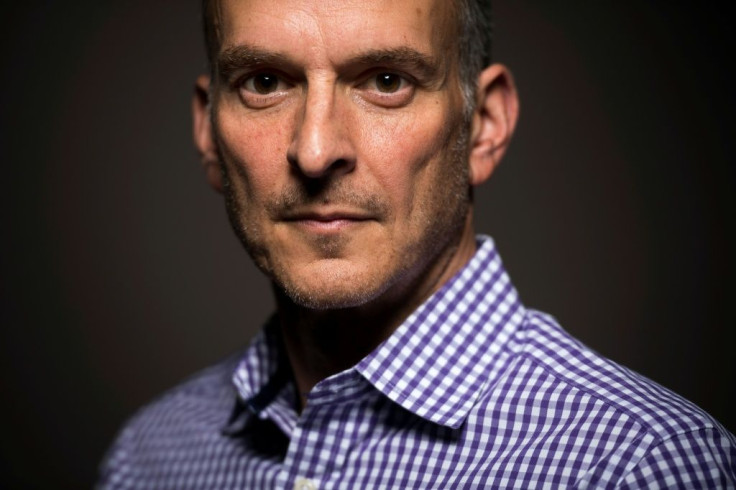US Anti-doping Boss Wants Blanket Russia Ban At Olympics

United States Anti-Doping Agency (USADA) chief Travis Tygart on Tuesday called for a blanket ban on Russian athletes at next year's Tokyo Olympics.
In a strongly worded statement, Tygart said proposed World Anti-Doping Agency sanctions which included allowing Russian athletes to compete under an Olympic banner were "inadequate."
"WADA must get tougher and impose the full restriction on Russian athlete participation in the Olympics that the rules allow," Tygart said.
"Only such a resolute response has a chance of getting Russia's attention, changing behavior, and protecting today's clean athletes who will compete in Tokyo, as well as future generations of athletes in Russia who deserve better than a cynical, weak response to the world's repeated calls for Russia to clean up its act."
Tygart's comments came a day after WADA's Compliance Review Committee recommended a four-year sporting ban on Russia.
The WADA committee's recommendation came after Russian authorities were accused of falsifying laboratory data related to the country's doping scandal, which was handed over to investigators in January.
Under the proposed WADA sanctions, individual Russian athletes could still compete in Olympic events if they are able to prove they are not implicated in the broader doping scandal that was unveiled after the 2014 Sochi Winter Olympics.
At the 2018 Pyeongchang Winter Olympics, Russian athletes who could prove they were above suspicion were able to compete under the designation of "Olympic Athlete from Russia", marching under the Olympic flag.
Full disclosure of data from Moscow's testing laboratory was a central condition of the suspension of the Russian Anti-Doping Agency (RUSADA) being lifted in 2018. WADA's executive committee is expected to approve the proposed sanctions at a meeting in Paris on December 9.
Tygart however said the punishments did not go far enough.
"Russia continues to flaunt the world's anti-doping rules, kick clean athletes in the gut and poke WADA in the eye and get away with it time and time again," Tygart said on Tuesday.
"WADA must stand up to this fraudulent and bullying behavior as the rules and Olympic values demand.
"The response proposed by the CRC is inadequate especially given the deceit perpetuated by the Russian sport system which is controlled by the government."
Tygart said allowing "neutral" Russian athletes to compete at the Olympics in 2016 and 2018 had been ineffective.
"History has taught us the response to Russian doping used in Rio 2016 and PyeongChang 2018 -- in which a secretly managed process permitting Russians to compete -- did not work," Tygart said.
"The world's athletes saw through this charade and it apparently only emboldened Russia to simply destroy evidence and to tamper with more samples to make it impossible to confirm whether any clean Russian athletes actually exist.
"It's sad when a country's athletes suffer for the fraud of the governmental and sport system they represent. However, the failure to stand up to Russia's five-year flaunting of the rules would cause even more harm to athletes in and outside of Russia.
"The time for the toughest penalty available is now."
The proposed WADA sanctions are the latest chapter of a saga which first erupted in 2015, when an independent WADA commission investigating allegations of Russian doping said it had found evidence of a vast state-sponsored system stretching back years.
A 2016 report by WADA investigator Richard McLaren said more than 1,000 Russian competitors across multiple sports had benefited from the scheme between 2011 and 2015, including at Sochi.
© Copyright AFP 2024. All rights reserved.







